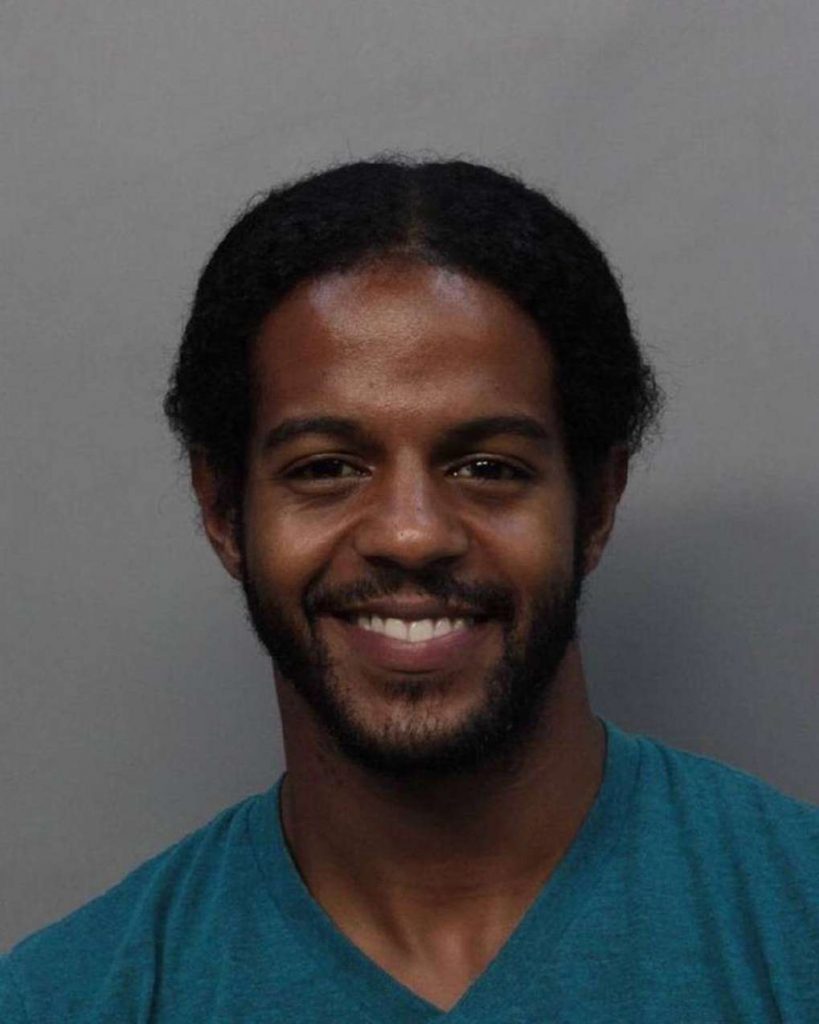A Miami man accused of child abuse after he hit a 5-year-old boy who he says was “armed” with a tennis racquet, is using Florida’s “stand your ground” self-defense law to prevail from the charges.
The accused is a tennis instructor Osmailer Torres, who took a boy’s pint-size racquet and hit him with it, giving the child a bruise on the right arm and a lump on his eyebrow. The suspect was arrested after that by Miami police in July 2016.
The incident was captured by surveillance camera on the playground at Miami’s First Presbyterian Church.
But Torres, 30, says that he did it to protect other students from harm.
In a motion asking a judge for “immunity,” his defense lawyer said the boy was the “initial aggressor” and had been involved in “various violent altercations” against fellow students. That day, after being separated from other kids, the boy held a racquet “in the air and was poised to strike again against the other students and Mr. Torres.”
Under Florida’s controversial law, it is the latest case of defendant asking a judge to throw out a criminal case, which make it easier for courts to clear of charge for people who had no choice but to use violence.
Defense lawyer Eduardo Pereira told the Miami Herald that Torres acted “reasonably in trying to prevent harm” to others — and had no idea his racquet hit the boy.
“This was always viewed as an accident by the child and the school staff but is being treated as something more for reasons unknown,” said Pereira, who described his client as a “soft-spoken and professional” Sunday school teacher who has never before been in trouble with the law.
Miami-Dade Circuit Judge Oscar Rodriguez-Fonts will consider the claim at an “immunity” hearing early next year.
Prosecutors are fighting the claim, saying the video shows that “at no point did the 5-year-old child approach any of the other children in an aggressive manner” and that the child didn’t believe it was an accident. The boy can be seen holding his arm in pain at the time of the video.
“It is the state’s position that (Torres) was not acting under the imminent threat of danger to himself or others,” Assistant State Attorney Gabriela Plasencia wrote in response to the motion.
Law enforcement has long railed against Florida’s 2005 stand your ground law, which critics say fosters vigilante culture while giving criminals a pass. The law eliminated a citizen’s duty to retreat before using violence to meet a threat of death or great bodily harm, is pushed by politically powerful National Rife Association.
The Florida law came under national scrutiny in 2012 after police cited it for not initially arresting Sanford neighborhood watchman George Zimmerman for the shooting death of Miami Gardens teen Trayvon Martin. Zimmerman was eventually charged with murder, then was acquitted by a jury at trial.
The law also allowed judges — using a loose legal standard and before jurors ever hear the case — to grant “immunity” to someone who claims self-defense. Over the years, South Florida judges have tossed out murder charges against defendants who killed people armed only with fists, karate skills and even a bag full of car radios.
Earlier this year, Florida lawmakers rankled law enforcement when they revised the law, the prosecutors now bear the burden and forcing them to disprove a defendant’s claim of self-defense in a pretrial hearing.
A Miami judge ruled the Legislature overstepped its authority, a legal fight that is working its way through higher courts.
